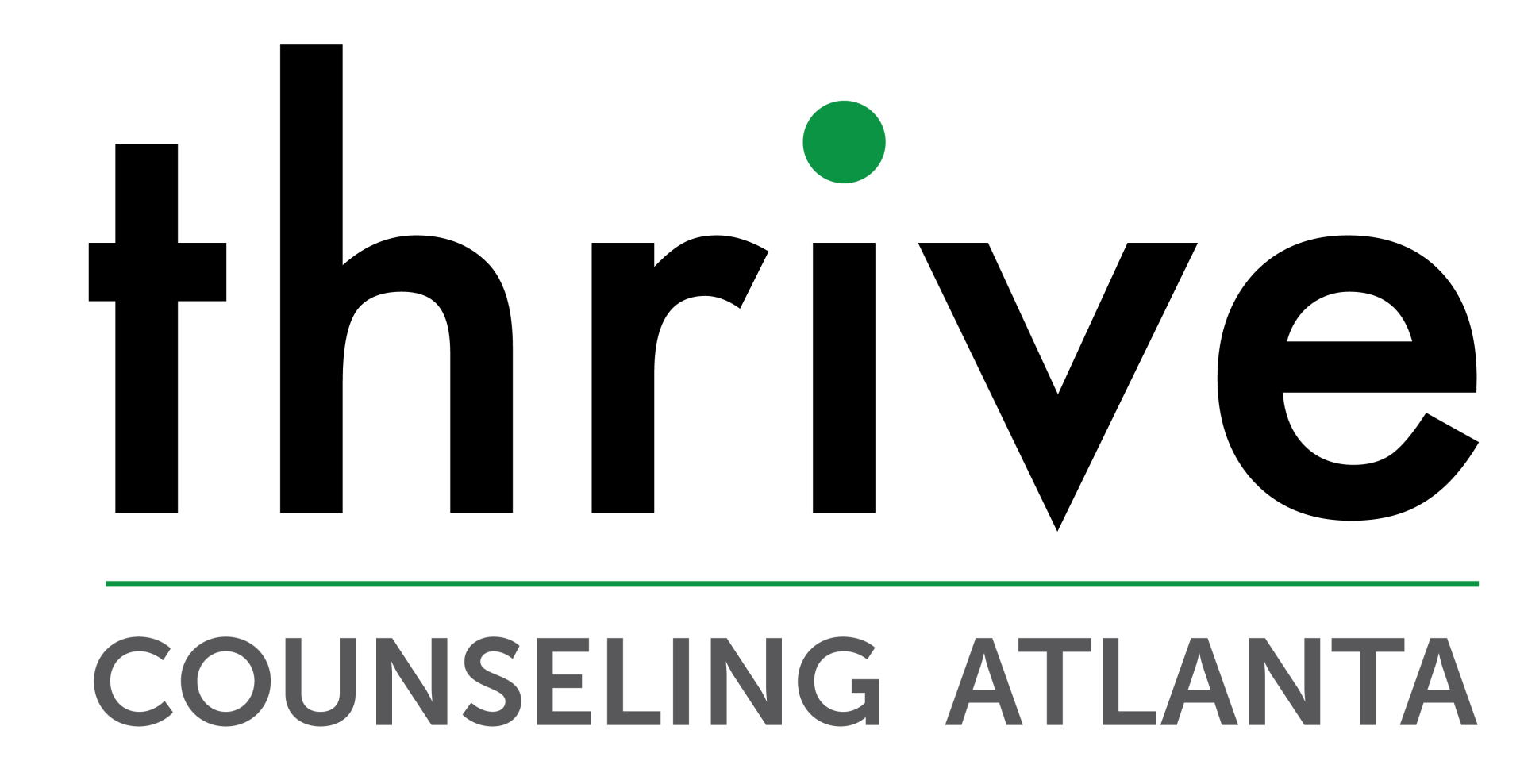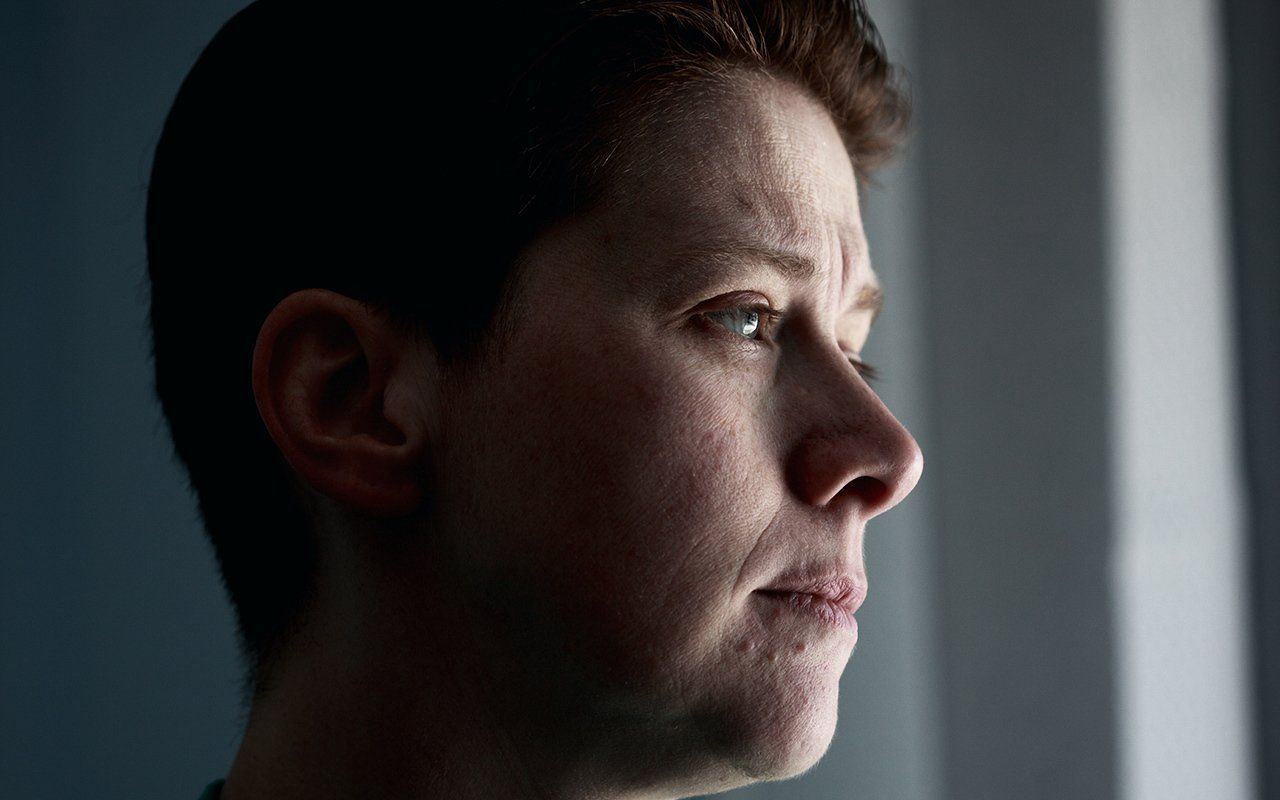Does Being HIV+ Increase My Risk of Having Poor Mental Health?
If you are HIV+ or have AIDS, we want you to know your mental health is as important as your physical health.

What's the Difference Between HIV+ and Aids?
HIV is known as Human Immunodeficiency Virus. It's a virus that attacks the infection-fighting cells in the body. As a result, people with HIV become vulnerable to infection and disease. Once you test positive for HIV, your medication condition is often referred to as HIV positive, HIV+.
AIDS is the result of being HIV+. Over time, as HIV progresses, it ultimately becomes AIDS. The fourth or final stage of HIV is AIDS or Acquired Immune Deficiency Syndrome. In this final stage, without treatment, the body can no longer fight infection, and death is imminent.
How Does Being HIV+ Increase My Risk of a Poor Mental Health Condition?
It's worth noting; there is a difference between poor mental health and mental illness. Mental illness includes disorders such as bipolar disorder or PTSD. On the contrary, mental health refers to our personal well-being. Mental health affects our ability, or desire, to interact with family and friends and contribute to society.
The diagnosis of any serious medical issue often has a negative impact on your mental health. So, it's easy to understand why finding out you're HIV+ would leave you with the same effects of any other traumatic news. Furthermore, research shows HIV can affect the brain and nervous system in a way that can lead to poor mental health. Medications for HIV+ treatment can also cause side effects.
I'm HIV+. How Can I Help Myself Feel Better?
As you begin to treat your physical health, remember to treat your mental health too. A mental health screening can help you discover issues you may not realize you have. For example, if you're struggling with a lack of energy or loss of interest in activities, you may be developing depression. Likewise, sleepless nights may indicate your mental health needs some attention.
Here are some things you can do to help treat your mental health:
- Talk to a trusted friend about what you're feeling. Sometimes a simple acknowledgment of our emotions can help us process them.
- Take care of yourself physically. Examples include getting proper hours of sleep every night, exercising, and eating healthy foods.
- Take your medications as prescribed. Your medications will be vital to controlling the effects of HIV.
At Thrive Counseling Atlanta, we can help you with your mental health treatment. We can help you process the emotions that accompany an HIV+ diagnosis. Call us today.







